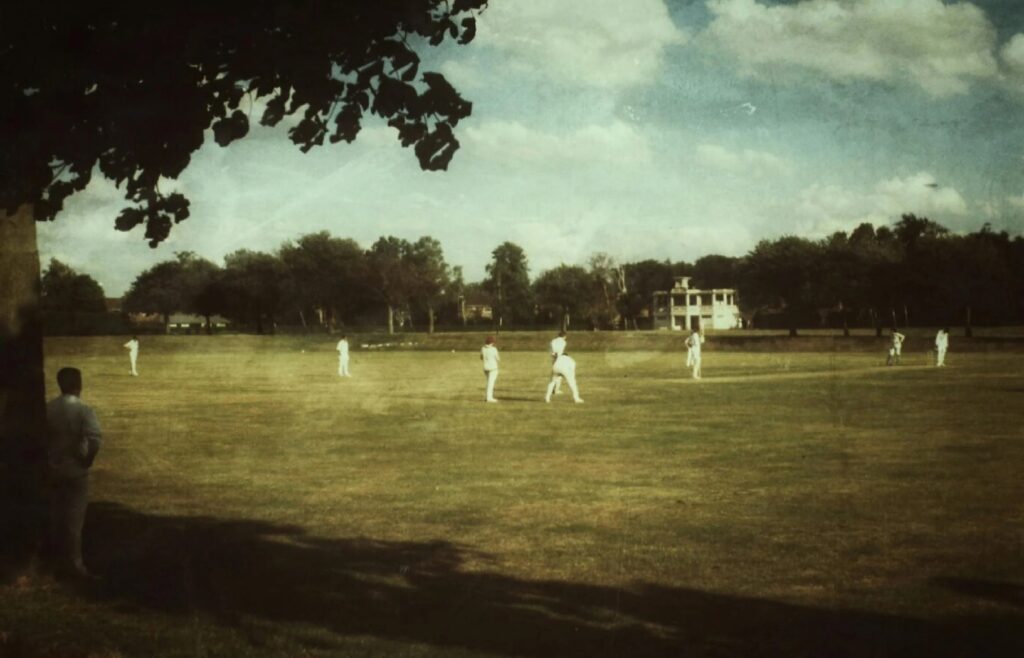Remembering Sir Donald Bradman: Cricket’s Immortal Genius 0
Only a few cricketers are part of the common lexicon, but Sir Donald Bradman is among them. He cemented his immortal status decades ago with performances that were a century ahead of his time, and possibly more.
Widely considered one of history’s greatest cricketers, Bradman is still something players talk about today. He’s often on the walls of clubhouses, and someone that young people aspire to be like throughout their training.
The Birth Of A Legend
Bradman was born on August 27 1908 in Cootamundra, New South Wales. A summer baby, he began playing small-town cricket as a boy.
Interestingly, his ascent to greatness had inauspicious beginnings. During his youth, he enjoyed throwing a golf ball against a water tank (presumably to pass the long hours). Later, he started using a cricket stump, honing his skills for hours on long, hot evenings, until he’d perfected his technique and gotten it just right.
Amazingly, this unusual movement trained in his brain his later exceptional skills as a cricketer. He seemed to understand how to swing a bat better than anyone else, simply because of how hard he had made the activity growing up.
An Unrivalled Record
Bradman took this finesse into professional cricket, achieving a batting average of over 99 in Test cricket, still unmatched to this day. In fact, his achievements were so extraordinary that you have to look to other sports to find comparisons. Roger Federer, Michael Schumacher, and Lionel Messi’s achievements all seem to pale in comparison to what Bradman was able to achieve.
Over his 52-match career, he managed to score an astonishing 6,996 runs which included over 29 centuries. He also managed to do all of this when cricket helmets and other protective gear was minimal. Coaching was virtually non-existent, so nearly all of the skills he displayed on the pitch were natural instinct playing out.
Bradman was most prolific during the 1930s and 1940s, enjoying the sport for a long time. Soldiers would read of his exploits and listen to them on the radio during the war, underscoring his abilities and popularity.
Read the rest of this entry →



